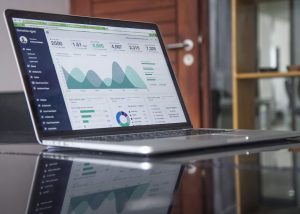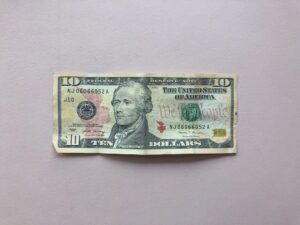Forex trading has become increasingly popular over the years, with more and more individuals seeking to make profits by trading various currencies. The foreign exchange market, also known as forex, is the largest financial market in the world, with an average daily trading volume of $5.3 trillion. In this beginner’s guide, we will introduce you to the basics of forex trading, including what it is, how it works, and the key factors that can impact the forex market.
What is Forex Trading?
Forex trading involves buying and selling currencies with the aim of making a profit. Unlike other financial markets, forex trading does not involve physical exchanges. Instead, all transactions are conducted electronically through computer networks. Forex traders can buy and sell currencies through a forex broker, who acts as an intermediary between the trader and the market.
How Does Forex Trading Work?
Forex trading is based on the exchange rate between different currencies. The exchange rate is the value of one currency in relation to another. For example, the exchange rate between the US dollar and the euro might be 1.20, which means that one euro is worth $1.20.
Forex traders can profit from changes in exchange rates by buying a currency when its value is low and selling it when its value is high. For example, if a trader believes that the euro will increase in value compared to the US dollar, they might buy euros with US dollars. If the euro does increase in value, the trader can then sell the euros for more US dollars than they originally paid, making a profit.
Key Factors that Impact the Forex Market
The forex market is impacted by a range of factors, including economic and political events, as well as supply and demand. Here are some of the key factors that can impact the forex market:
1. Economic Indicators: Economic indicators, such as GDP, inflation, and unemployment rates, can have a significant impact on the forex market. Positive economic data can cause a currency to increase in value, while negative data can cause it to decrease.
2. Political Events: Political events, such as elections and geopolitical tensions, can also impact the forex market. For example, a change in government or a significant policy announcement can cause a currency to fluctuate.
3. Central Bank Policy: Central banks play a key role in the forex market, as they can influence the supply and demand for currencies through their monetary policy decisions. For example, if a central bank raises interest rates, it can attract foreign investment and cause a currency to increase in value.
4. Market Sentiment: Market sentiment, or the overall mood of traders in the market, can also impact currency prices. If traders are optimistic about the economy, they may be more likely to buy a currency, whereas if they are pessimistic, they may be more likely to sell.
Tips for Beginner Forex Traders
If you are new to forex trading, here are some tips to help you get started:
1. Learn the Basics: Before you start trading, it is important to understand the basics of forex trading, including how the market works and the key factors that can impact it.
2. Develop a Trading Plan: A trading plan can help you define your goals, strategies, and risk management techniques. It can also help you stay disciplined and avoid emotional trading decisions.
3. Practice with a Demo Account: Many forex brokers offer demo accounts that allow you to practice trading with virtual money. This can be a great way to get a feel for the market without risking your own capital.
4. Manage Your Risk: Forex trading can be risky, so it is important to manage your risk carefully. This can include setting stop-loss orders, limiting your exposure to any one currency, and only trading with money you can afford to lose.
Conclusion
Forex trading can be a lucrative way to make money, but it is important to understand the basics before you start trading. By understanding how the market works and the key factors that impact it, you can develop a trading plan that helps you achieve your goals while managing your risk. With practice and discipline, you can become a successful forex trader.






